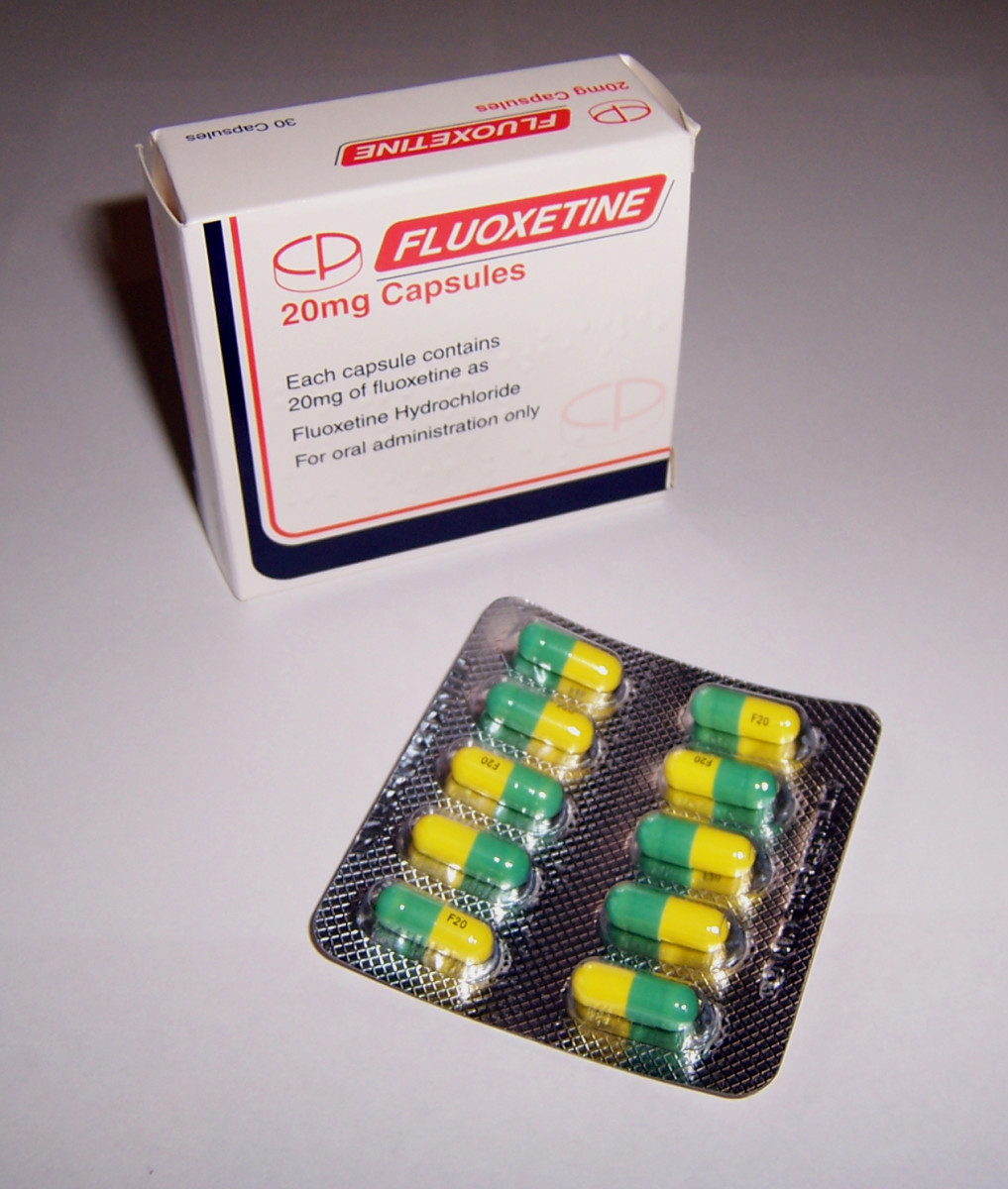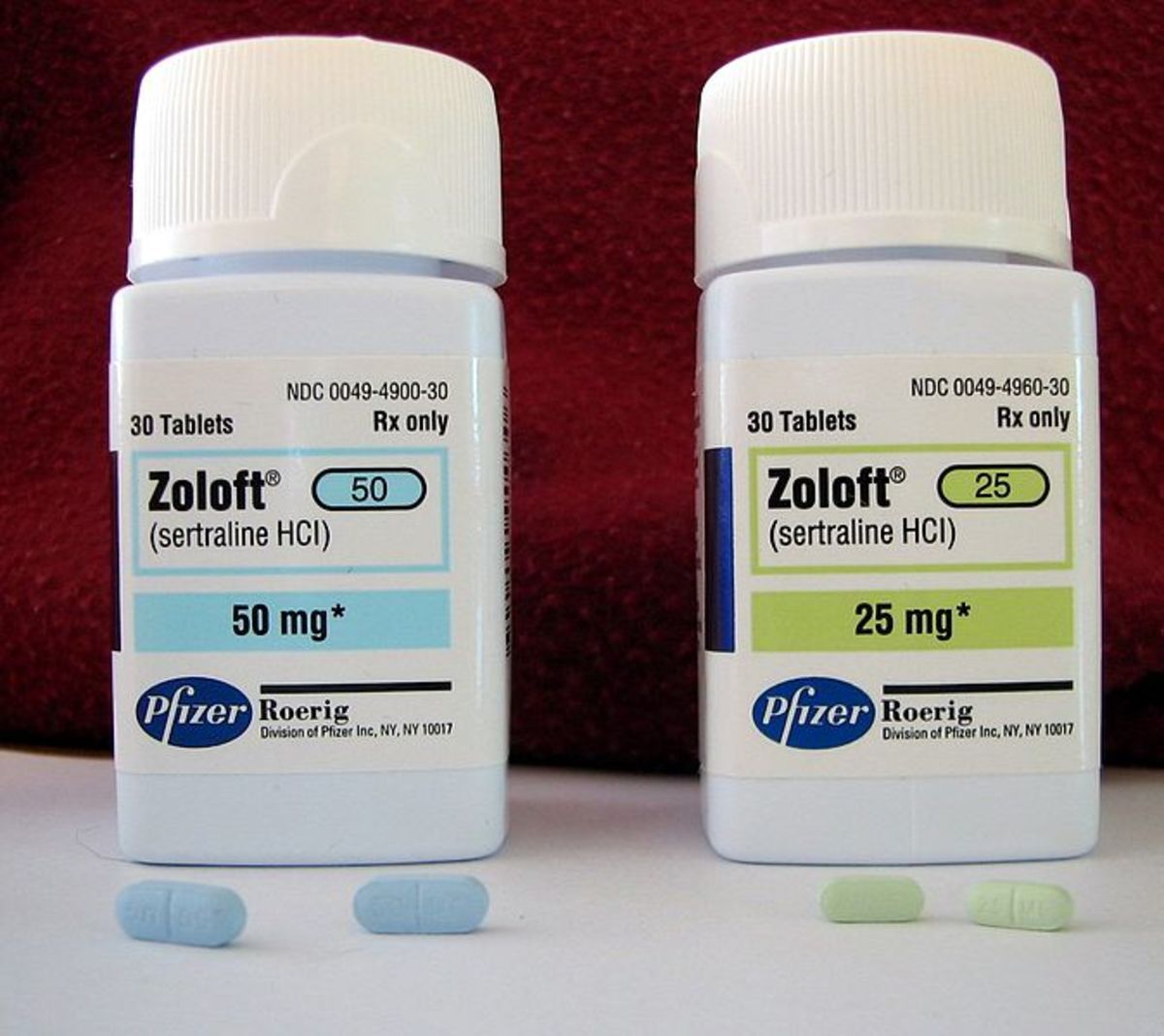4 Supplements That Make Antidepressants Work Better—And Some That Don’t

Supplements and Depression
In recent years, researchers and integrative psychiatrists have been paying more attention to the potential for standardized pharmaceutical-grade nutrients or supplements, known as nutraceuticals, to improve the effectiveness of antidepressants. In 2016, the American Journal of Psychiatry published a review and analysis of 40 research studies, many of which suggest that some nutraceuticals actually help antidepressants work better—and some do not (Sarris, Murphy, Mischoulon, Papakostas, Fava, Berk & Ng, 2016). While much exploration of this topic still remains to be done, the use of adjunctive nutraceutical supplements alongside antidepressants holds the promise to improve depression treatment with relatively few side effects.
Depression is a complex disorder with a range of mental and physiological causes and effects—and though many treatments for depression disorders exist, there is no perfect cure that works for everyone. Because of its complexity, treating depression often requires physicians to experiment a bit in administering medications. This can mean combining two or more antidepressants that each combat depression in a different way, or augmenting treatment with non-medication agents that can help the antidepressant work. Here are the agents that when added to antidepressants result in improvement of depression symptoms that is better than just the antidepressant alone.
1. S-adenosylmethionine (SAMe)
In multiple studies, S-adenosylmethionine (SAMe) emerged as a useful nutraceutical for improving the effectiveness of antidepressants. SAMe targets specific neurotransmitters in the brain in a similar way as antidepressants, thus enhancing the mood-lifting effects. This naturally occurring compound also has anti-inflammatory qualities and bolsters the immune system, both of which are linked to a decrease in depressive symptoms.
2. Methylfolate and Folinic Acid
Sarris et al. claim gave a tentative recommendation for methylfolate and folinic acid. Methyfolate and folinic acid are essentially “active” versions of folate, one of the naturally occurring B vitamins. Most of the research results on the use of methylfolate for depression are from large-scale, commercially sponsored studies on a pharmaceutical form of folate (Deplin), rather than the over the counter lower dose methylfolate. Thus while folate is a promising treatment, we may need more research to truly know its potential for relieving depression symptoms.
3. Omega-3
Omega-3 is an essential fatty acid found in fish oil as well as some vegetarian sources. Sarris et al. found that omega-3 significantly reduces depressive symptom when added to antidepressants. Omega-3 augments antidepressant efficacy by promoting modulation, reuptake, degradation, and synthesis of norepinephrine, dopamine, and serotonin—all of which are targeted in depression treatment. It also makes cells healthier by improving the fluidity of the cellular membranes.
4. Vitamin D
Vitamin D receptors are abundant in the prefrontal cortex, hypothalamus, and substantia nigra—brain areas that play a role in depression. Vitamin D increases healthy activity in these areas of the brain. While there are many research studies linking vitamin d deficiency to a predisposition to psychiatric disorders, there are few studies that actually show that taking vitamin d improves depression or anxiety symptoms.
Other Nutraceuticals and Supplements
Zinc, vitamin C, and tryptophan (specifically 5-HTP) were among other nutraceuticals that were tested for their potential to augment antidepressant-based treatment, but all of these showed mixed results. Sarris et al. suggest that further research would be required in establishing their effectiveness. From all the studies, inositol was the only nutraceutical that the researchers concluded to be unlikely to have any significant use in improving the effectiveness of antidepressants.
These results are from a single review research study and other studies cover other supplements for mental health.







